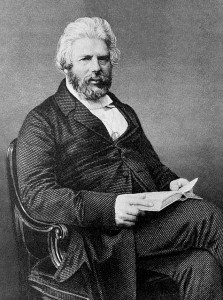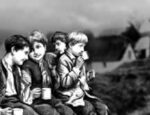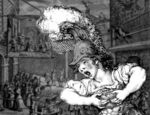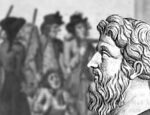Description
Meet Tam Fleck, a “flichty cheild” (unreliable young man) who kept the townsfolk of early 19th Century Peebles entranced with tales of the fall of Jerusalem from the works of Josephus.

In the biography of the noted Victorian publisher Robert Chambers written by his brother William, we are introduced to Tam in the description of Robert’s childhood in Peebles before the family moved to Edinburgh in 1813. Chambers records how he and his brother, sons of a cotton manufacturer, used to visit the house of an elderly relative in the poor part of town, where they would be “delighted listeners” at Tam’s recitals. Tam, the owner of a copy of Roger l’Estrange‘s 18th-century translation of the Jewish War, would tour the households of Peebles reading that narrative “as the current news”. He would intersperse his readings with his own commentary, and never read more than two to three pages of text, wherever possible ending on a cliffhanger and taking care to break off in the same place at every house, so that all of his listeners would be left in suspense until his next performance (as Alistair McCleery points out, this had the effect of turning Josephus into a sort of soap opera). In this way, he would take about a year to get through the whole Jewish War, at which point he would simply start again. Despite this, according to Chambers, “the novelty somehow never seemed to wear off”.

Chambers’s account suggests a strong degree of emotional investment in the narrative on the part of Tam’s audience. The famine that fell upon the besieged citizens of Jerusalem (described in a number of memorably horrific passages in Josephus, principally Jewish War 6.199-216) “kept several families in a state of agony for a week”, while the final fall of the city (6.230-442) elicited “a perfect paroxysm of horror”. These reactions suggest an identification between Tam’s audience and the Jewish side in Josephus’ narrative; writing so close to the Scottish Independence referendum (Sept, 2014), it may be inadvisable to speculate on why the citizens of Peebles felt such sympathy for the plight of a brutally suppressed colonised people.
encounter by Jonathan Davies
n.b. around 1810







